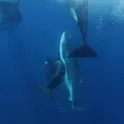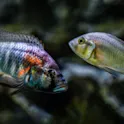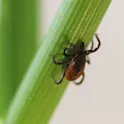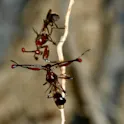Viking colonizers of Iceland and nearby Faroe Islands had very different origins, study finds
Geneticists have studied the distribution of Y-chromosome haplogroups on the Faroe Islands, known to have been colonized by Vikings around the year 900 CE, and compared these to distributions of haplogroups in today’s Scandinavia. They showed with novel analysis methods that the haplotype distribution in the Faroe Islands most closely resembled that in Norway and Denmark, and to a lesser extent that in Sweden, but differed from that in Iceland. They concluded that a band of Viking men from all over Scandinavia colonized the Faroe Islands, which differed in their geographical origin and genetic make-up from those who settled Iceland.














